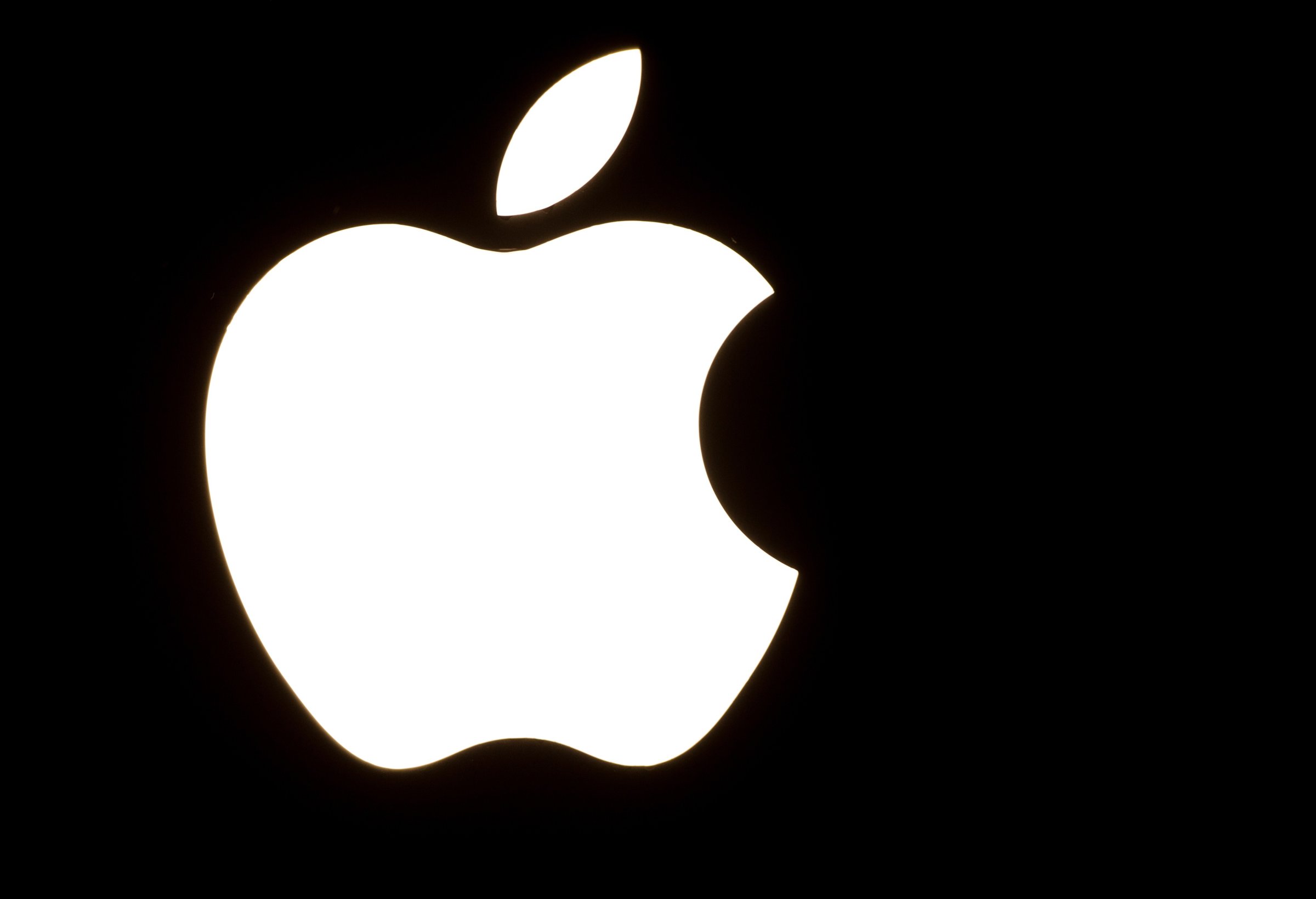
Zócalo Public Square is a magazine of ideas from Arizona State University Knowledge Enterprise.
Sometime in 2000, my colleague Verlyn started bringing his Mac laptop to our New York Times editorial board meetings. The rest of us would hover around the sleek white machine with the cool lighting radiating from it, wondering if Verlyn Klinkenborg could possibly be serious. Some of us had used Apples in college, sure, but everyone does crazy things in college.
Was an Apple really fit for a workplace? Verlyn assured us that it was no toy, and that his Mac could do all the things ours could—the mix of surfing, emailing, and pontificating that the gig entailed—without crashing as frequently as our PCs. Verlyn claimed that his Apple was not susceptible to those nasty viruses that plagued our land of “WinTel,” and I wanted to believe him. I too bought a Mac, and instantly felt cooler as a result.
Fast forward to 2015, when the novelty would be for someone at a meeting to take out a laptop that isn’t an Apple. And, somehow, the caché remains. Apple has walked the tightrope between ubiquity and coolness, attaining one without sacrificing the other.
The company just announced the most profitable quarter in U.S. corporate history, a three-month period in which it sold almost 75 million iPhones and 5.5 million Macs. Tim Cook, Steve Jobs’ down-to-earth successor as CEO, couldn’t help himself on the earnings call, describing the quarter as “historic” and his company’s performance—selling on average 34,000 iPhones an hour, 24/7—as “hard to comprehend.” Apple is now the world’s most valuable company, with a stock market valuation of some $700 billion, and nearly $180 billion in cash on hand. The company’s online iTunes store counts a staggering 800 million active users.
What’s most astonishing, given those numbers, is that Apple is far less ubiquitous than you might think. It has plenty of room to grow. Indeed, it may only be getting started.
If you look at its existing product lines, Apple only dominates the tablet market. The competing Android operating system runs more than two-thirds of the world’s smartphones. Apple ranks fifth worldwide in the number of computers sold, and third in the U.S. There is plenty of market share left for Apple to steal from others.
Apple’s growth strategy is impressively disciplined. The company doesn’t slash prices or create subpar products to meet less affluent consumers in emerging markets halfway. Apple instead holds out its meticulously designed, pricier products as coveted trophies for new middle-class consumers.
Apple is only starting to wade into an array of markets that it will likely revolutionize, and dominate, in short order. Apple Pay, its bid to become your all-encompassing cashless wallet, is off to a strong start. Fledgling Apple ventures like HomeKit, CarPlay, Apple Watch and iBeacon provide clues to Apple’s unstated, ultimate goal: providing you with one portal, or operating system, that links your Apple devices, your car, and your home.
Apple is hardly being a trailblazing pioneer in this. There are plenty of “smart watches” and digital wallet surrogates already out there, but Apple has a way of bidding its time, learning from others’ mistakes, and introducing a tweaked product that will go mainstream, in part because it fits in so well within the broader Apple ecosystem.
No other company is anywhere near being able to match Apple in providing us with such seamless curation of our lives. The Italian novelist Umberto Eco famously said in the 1990s that Apple was like Catholicism, in that its followers had to adhere to one way of doing things, while Microsoft (you could say Google nowadays) was more akin to Protestantism, which gave followers more latitude to reach their own conclusions and organize themselves accordingly. Apple is unique among Internet giants in getting consumers to pay top dollar for its goods and services, while companies like Facebook and Google rely instead primarily on an advertising model to subsidize their interactions with consumers.
And so Apple’s prospects appear brighter than ever. Its own success would seem to be the only threat to a company that has billed itself as the scrappy underdog that promised to help us “think different.” Therein lies the company’s existential challenge: Can Apple remain cool if its products become the one indispensable means of controlling your life and communicating with others? Can it remain an aspirational brand once it’s within everyone’s reach? How distinctive can the world’s largest company, no matter what it does, ever be?
I reached out to Verlyn, who now teaches at Yale, to ask whether he’s still inhabiting the Apple ecosystem. He is, and his disgust at his pre-2000 Windows experience sounds as raw as it did when he first started proselytizing for the Mac. But he draws a line at the coming Apple Watch: “I’ve never worn a watch, and I can’t imagine starting now.”
Andrés Martinez is editorial director of Zocalo Public Square, for which he writes the Trade Winds column.
More Must-Reads from TIME
- Why Trump’s Message Worked on Latino Men
- What Trump’s Win Could Mean for Housing
- The 100 Must-Read Books of 2024
- Sleep Doctors Share the 1 Tip That’s Changed Their Lives
- Column: Let’s Bring Back Romance
- What It’s Like to Have Long COVID As a Kid
- FX’s Say Nothing Is the Must-Watch Political Thriller of 2024
- Merle Bombardieri Is Helping People Make the Baby Decision
Contact us at letters@time.com